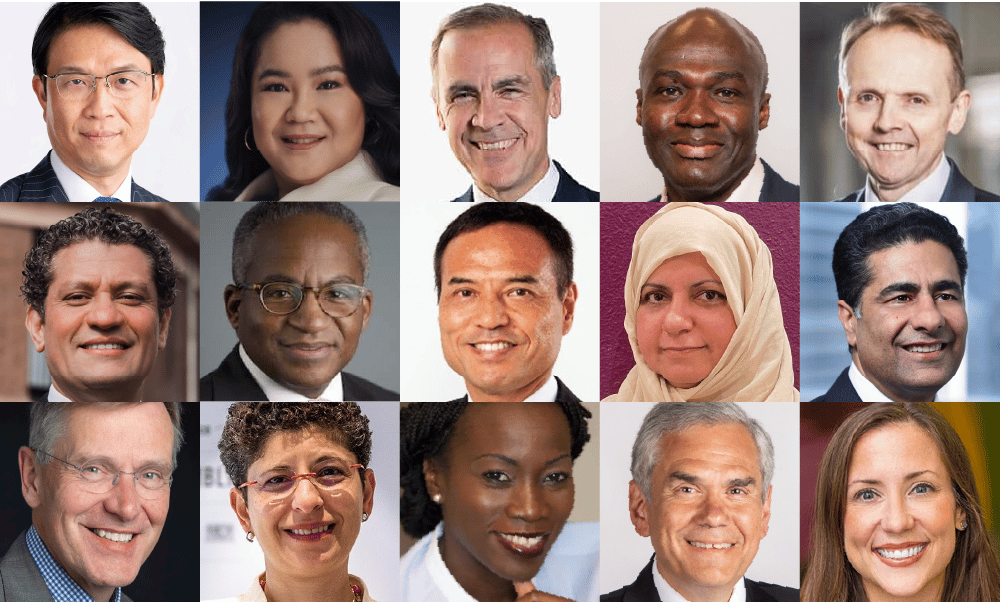We are committed to continually engaging with a variety of stakeholders to better understand their views and sustainability concerns.
We are committed to continually engaging with a variety of stakeholders to better understand their views and sustainability concerns.
We are committed to continually engaging with a variety of stakeholders to better understand their views and sustainability concerns.
Employees: We maintain continuous engagement with our people through a variety of channels, including town halls, digital and face-to-face communications, and intranet communications. Feedback is encouraged through the Experience Survey, manager dialogue and our Ethics Helpline.
Financial institutions, merchants and consumers: We provide financial institutions with solutions to help them increase revenue by driving preference for our products. We help merchants, financial institutions and other organizations by delivering data-driven insights and other services that help them create and grow simple and secure customer experiences. For consumers, we provide faster, safer and more convenient ways to pay and transfer funds.
Suppliers: We work closely with our suppliers to ensure that we can source responsibly and conduct business with integrity. Our suppliers are expected to comply with the high standards of ethics communicated in our Supplier Code of Conduct and promote these standards within their own supply chains. We also engage and support our suppliers in managing, reporting and reducing their greenhouse gas emissions.
Community and nongovernmental organizations: Mastercard is involved in several partnership efforts with community organizations and NGOs on issues relevant to their organizations and our business, including financial innovation, financial education, philanthropy and academic research.
Government and regulators: We help national and local governments drive increased financial inclusion and efficiency, reduce costs, increase transparency to reduce crime and corruption, and advance social programs. We also advocate for public policy issues that are significant to our business and our ability to serve our customers by educating and providing context to key decision-makers in government.
Shareholders: We engage with the investment community through direct meetings, regional roadshows, earnings calls and investor conferences.

